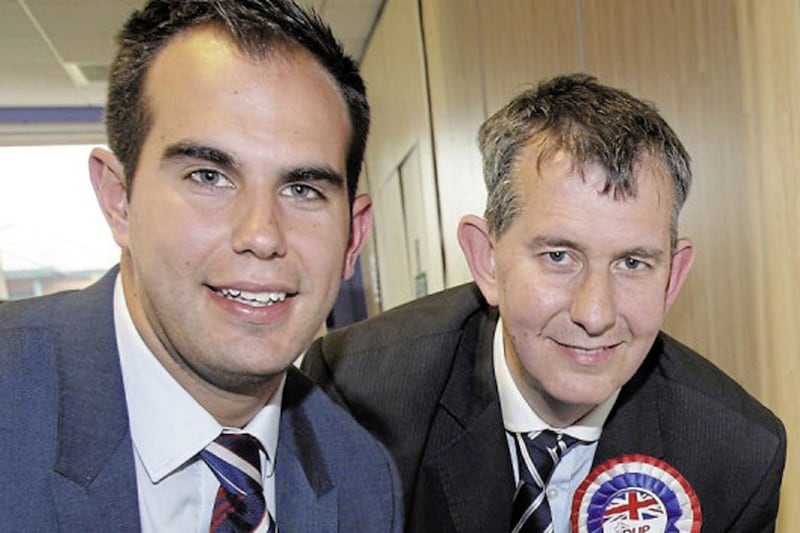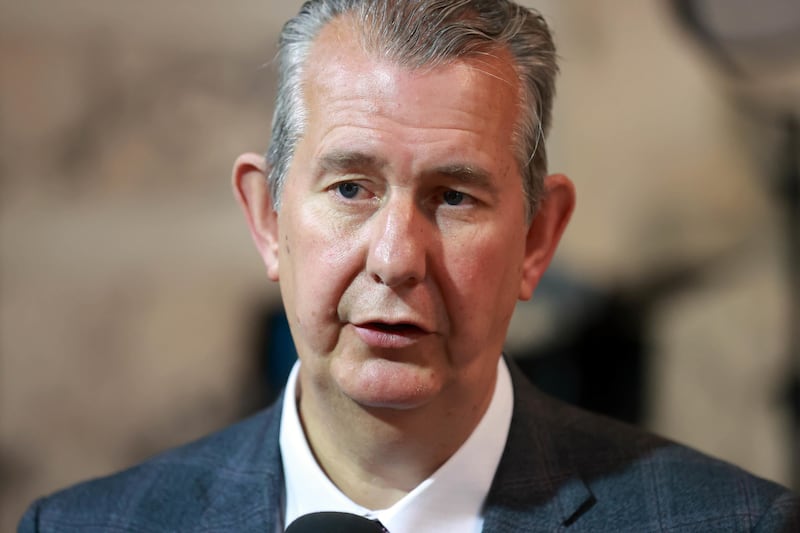Edwin Poots deserves full credit for becoming the first DUP leader to be elected as the result of an open contest and only the fourth in the 50-year history of the party.
His political career was in doubt just three months ago, when he had to stand down as agriculture minister after a diagnosis of kidney cancer, but he was able to return to his post a matter of weeks later after a successful operation.
No one doubts his determination in the face of adversity but it was still a considerable pity that his opening remarks on Friday, after narrowly taking charge of what is marginally the biggest Stormont party, were entirely aimed at unionists.
Mr Poots called on unionism to unite, but made no mention of other political traditions and declined to discuss the circumstances in which his predecessor, Arlene Foster, was forced from office.
His summary of the history of the state which is marking its centenary was particularly instructive, as he began by referring to the civil war of the 1920s, the depression of the 1930s and the Second World War.
Mr Poots then said; `In the 1950s, there was another insurrection by the IRA. That started again in the late 60s and worked its way through to 1994.’
His failure to acknowledge the UVF murders of 1966, at a time when the IRA effectively did not exist, and the subsequent loyalist bombing campaign which ended the attempts by Captain Terence O’Neill to address the aims of the entirely peaceful civil rights movement, was striking
All sections of our divided society, including on well documented occasions the forces of the state, share responsibility for the turmoil of the last five decades and beyond, and it was alarming that Mr Poots should suggest otherwise.
He was a staunch supporter of the Brexit fiasco which led inevitably to the Irish Sea border, followed by his bizarre attempts to withdraw staff from the port of Larne, and his attitude towards the North-South Ministerial Council is already causing deep concern.
It is not unknown for unionist leaders to attain power by appealing to the lowest common denominator among their followers, and then display a more pragmatic approach in office.
However, Mr Poots needs to accept that the days of unionist domination at Stormont are gone forever and he must find ways of working constructively with nationalists if our power-sharing structures are to be maintained.






